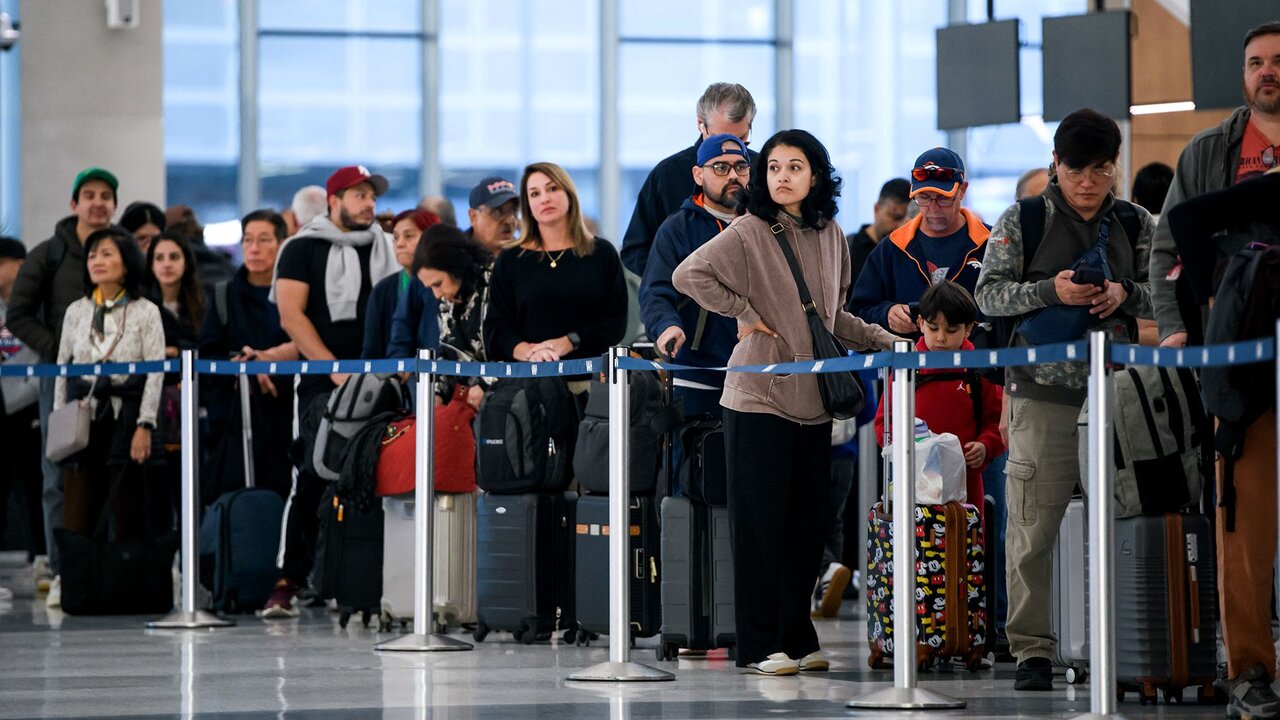Longest U.S. government shutdown grounds flights, exposes deep divisions

TEHRAN – The longest government shutdown in U.S. history has moved beyond legislative gridlock and into systemic crisis. What began as a budgetary impasse has now disrupted core infrastructure, with flight cancellations at Boston’s Logan Airport marking a visible rupture in federal functionality.
The Federal Aviation Administration (FAA), citing safety concerns and staffing shortages, has begun reducing flight capacity at major airports nationwide—a move that underscores the fragility of a system unable to operate without political consensus.
These cuts are not strategic—they are symptomatic. The FAA was already understaffed before the shutdown. With air traffic controllers and TSA agents now working unpaid, absenteeism is rising and operational safety is at risk. The agency’s emergency order to slow air traffic is a last resort, not a policy innovation. It reflects a government that cannot absorb shocks without compromising public welfare.
The shutdown’s origins lie in Congress’s failure to pass a budget for the new fiscal year. Despite repeated attempts at temporary funding resolutions, partisan trench warfare has prevailed. The result: federal workers unpaid, public services suspended, and critical infrastructure forced into emergency mode. While lawmakers continue to receive salaries, frontline workers face financial strain and passengers are left to absorb unreimbursed costs for lodging and meals.
This episode exposes the brittle architecture of American governance. The U.S. system, often praised for its checks and balances, now functions as a blockade. Shutdowns have become normalized, each one eroding public trust and revealing the vulnerability of institutions that tie essential services to legislative compromise. The Logan Airport disruptions are emblematic: a nation that cannot guarantee safe air travel during peacetime signals not just a temporary lapse but a structural weakness.
This is not merely a budget dispute—it is a governance failure. The shutdown reveals a political architecture that incentivizes brinkmanship over compromise, spectacle over service. In a moment that demands institutional maturity, the U.S. system has instead delivered a cautionary tale of democratic decay.
Leave a Comment